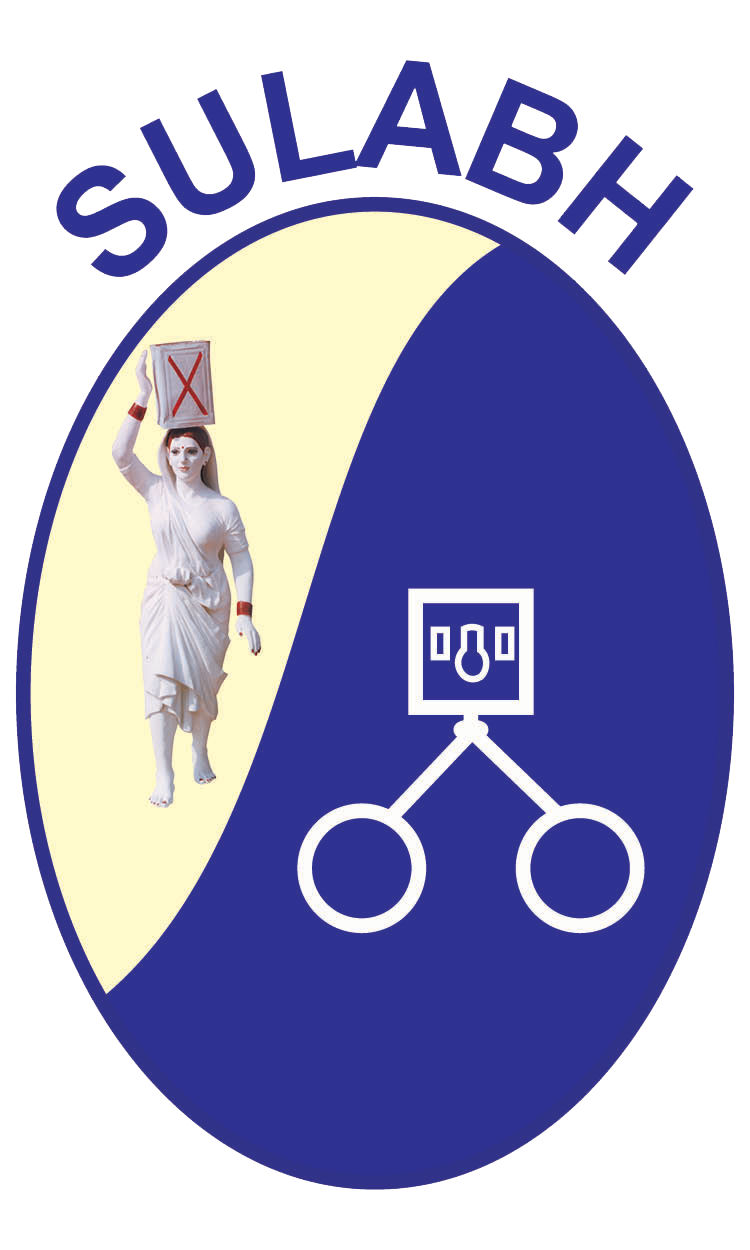International experience in the management of public services shows that delivery of services can be vastly improved if a distinction is made between the ownership of these services (by the government) and the delivery of such services (by private and local enterprises). Thus, a compilation of twenty-four case studies from twelve countries all over the world has concluded that in every case where the management of a public service was contracted out to private groups or enterprises, the distribution and quality of the service improved and the net cost to the public was reduced. In India also, there are successful examples of ‘micro-privatization’ (Such as Sulabh Sauchalayas and Public Call Offices). These initiatives need to be replicated in respect of other services.



